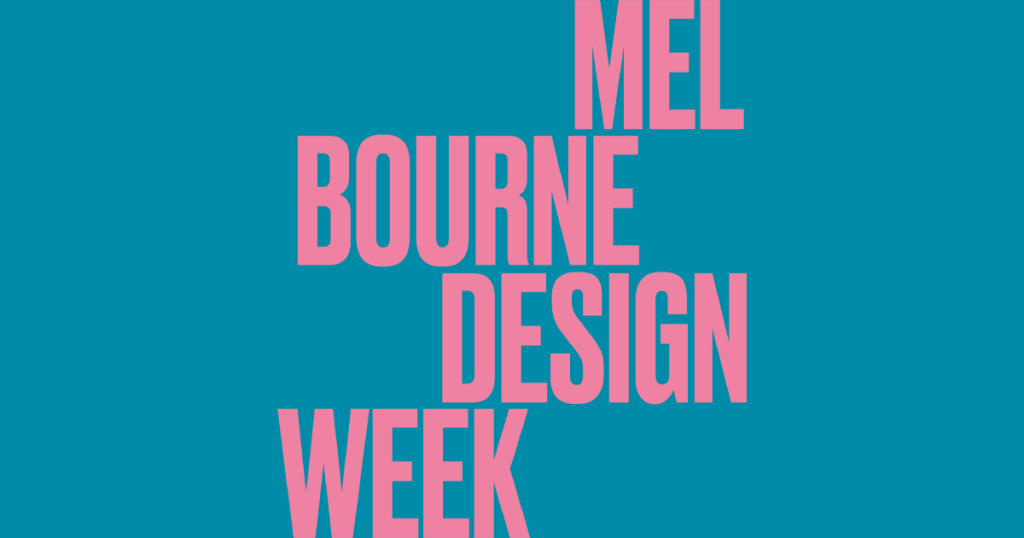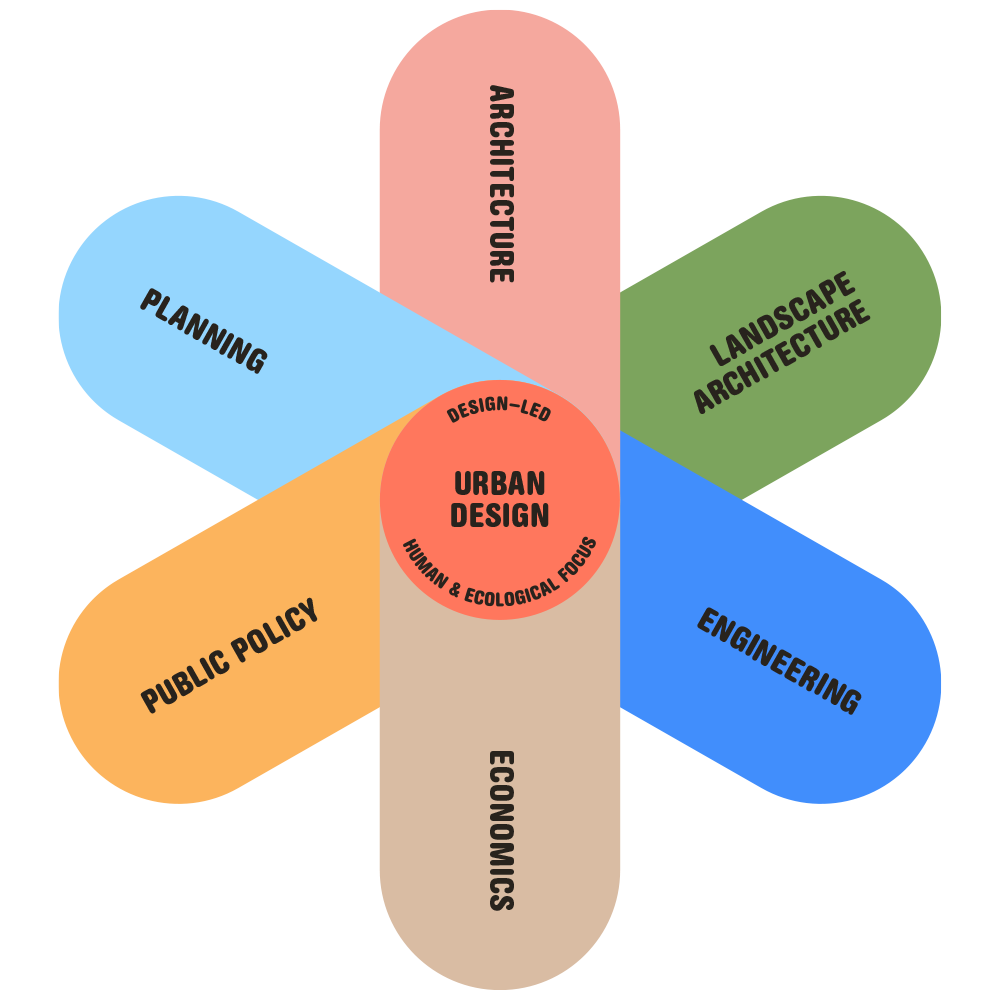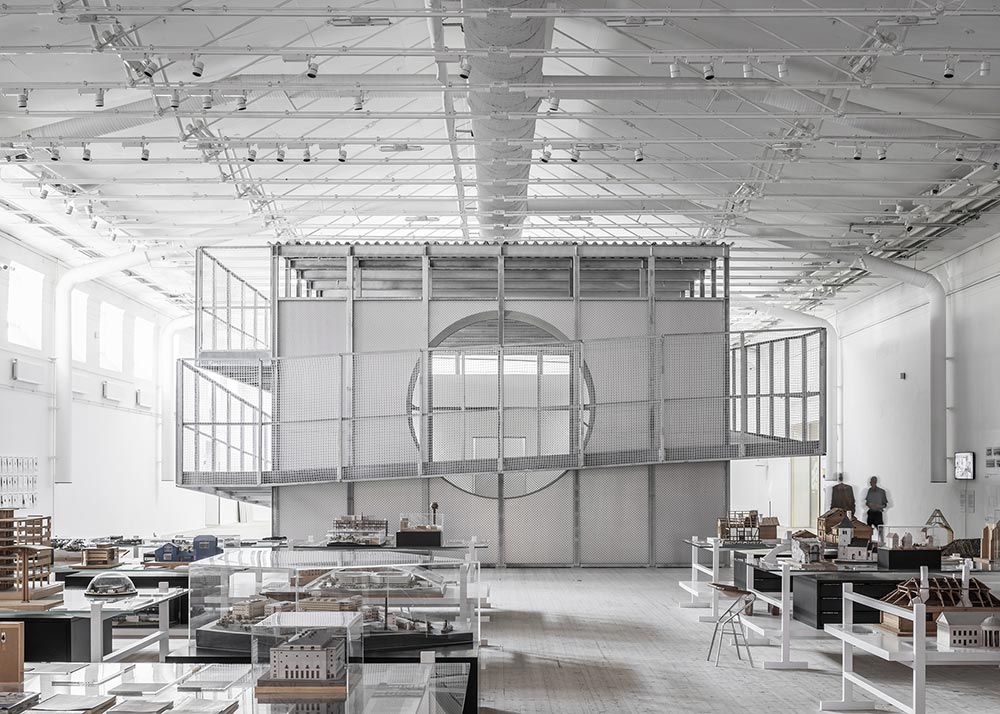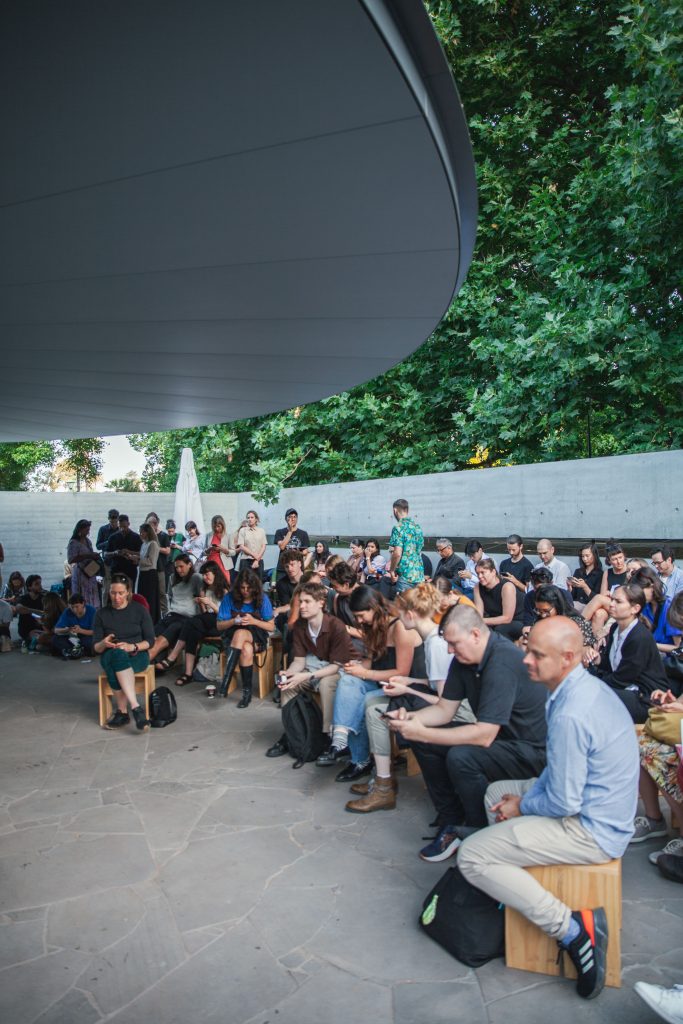
Melbourne Design Week
An annual program of events, held in March every year, providing an opportunity for designers, educators, thinkers and businesses to come together to share ideas, show and sell new work.
What is Urban Design?
Urban design is a collaborative process to help shape and design the future form and performance of our cities. Cities are complex, made up of physical elements such as infrastructure, landscape and buildings, but also more intangible elements such as culture, governance and the experiences of those who live there. Urban design coordinates these elements to make cities and neighbourhoods where people want to live, creating places that respond to their context.

Urban design is visionary
Negotiating complex issues and interests, seeking to address current and future problems within our built environments. Through urban design, we pursue an equitable urban environment with a human and ecological focus.
Urban design is a process
Exploring how to improve and protect our urban environments. Often operating at a strategic scale, urban design navigates the intersection of social, economic and environmental factors over a long period of time.
Urban design is an integrated discipline
Bringing together people from diverse fields to collaboratively explore complex relationships in our cities. Urban designers focus on the public realm – all elements of built and unbuilt space – and intentionally shape our urban environments.
The demand for highly skilled urban designers has never been greater. Australia is facing a shortfall of qualified urban designers, owing to lack of understanding of professional opportunities, limited exposure alongside with challenges with accreditation.
Attracting Talent
Urban design is a rewarding, but less known discipline. We map out the career pathways for the next generation of urban designers and provide a platform for increasing the profile of urban design education and the profession.
Education Reform
Urban design demands far more than technical design skills. Operating at the interface of built environment disciplines, urban designers solve complex urban issues. We are working with a number of Australian universities to continue to elevate the standard of urban design education.
Continued Learning
Urban design is a life-long pursuit of continued learning. We offer master classes for built environment professionals including cross-disciplinary workshops, seminars and study tours. For current information, follow us on social media and subscribe to our mailing list.
We support a collegiate profession that promotes the rapid exchange of ideas, and nurtures a new generation of designers. We believe in collaboration – not competition.
Building Community
Our member networks support connection and professional growth. This includes frequent guest speakers and round table workshops, as well as a curated communication platform to share knowledge and career opportunities.
Mentor Forum
Our mentorship program for students and professionals supports the next generation of urban designers to thrive. We partner mentees with experienced professionals to offer mentorship, coaching and career advice. Click here to read more about the Mentor Forum.

We draw upon our individual members and supporters for their expertise and knowledge, collegiality and commitment to creating a better urban future for all.
Business as usual is no longer a choice. Alone our effectiveness is limited, but collectively we can advocate for the change our world needs. We need public policy that puts people and the environment first. We need development processes that provide ‘more good’, not ‘less bad’. We need education programs that attract the best talent and cultivate the next generation of public interest urbanists.
We enable this change, through empowering a more strategic and effective design industry. Our cities’ future is bright, but we need to work together to get there.


Place as Protagonist explores memories and place in the city through two modes of storytelling: online map-based community engagement platform CrowdSpot, and a storytelling event that brings a mix of voices together with a prompt to share a story about a time when the city made them laugh or cry.
So many places in Melbourne hold significant memories for different people and bring richness and nuance to Melbourne’s public spaces and landscapes—our rivers, creeks, buildings, streets and parks. Sharing stories not only allows us to understand the city through a different perspective but can provide a guide to how the city can embody the stories of its community over time.
Share your story on CrowdSpot in the month prior to the storytelling event, and come along to the event and hear a mix of storytellers share their stories through a medium that speaks to them, whether that’s spoken word, song, sound or dance.
Urban Design Forum is a non-profit organisation that supports public interest outcomes in cities, with firm belief in the role that cities can play in solving the major challenges of our time. The Forum itself has three roles: creating a supportive network of urban designers and allied professionals, sharing knowledge on best practice urbanism, and researching and advocating for better urban education, systems and outcomes.
CrowdSpot is an award-winning, Melbourne-based digital consultancy specialising in map-based community engagement and data collection. Their mission is to help create quality spaces in a social, inclusive and engaging process. They do this by connecting decision-makers with targeted community groups through the use of online map-based social survey tools.
Dr Michael Trudgeon is a founding design director at Crowd Productions, a Melbourne based design studio, incorporated in 1983. His practice focus is on developing immersive spatial strategies to prototype new design solutions for commercial architecture projects and product service systems. The practice has completed many built projects including national roll-outs of cinema complexes, financial services networks and exhibition installations. He is a professor of design in the School of Design at RMIT University and co-ordinator of the Master Of Design Innovation and Technology Major Project program. He has he taught into the Masters of Architecture design program in Melbourne and overseas.
Joy Zhou is a transdisciplinary artist and design practitioner based in Naarm/Melbourne whose practice draws on embodied experiences to communicate complex intersectional relations. Expanding on their background in interior design, Joy works with immediate contexts. They often interrogate norms with queering gestures and aim to amplify unnoticed existence within everyday life.
Photographs by: Josh Blashki and Theo Lehrer









